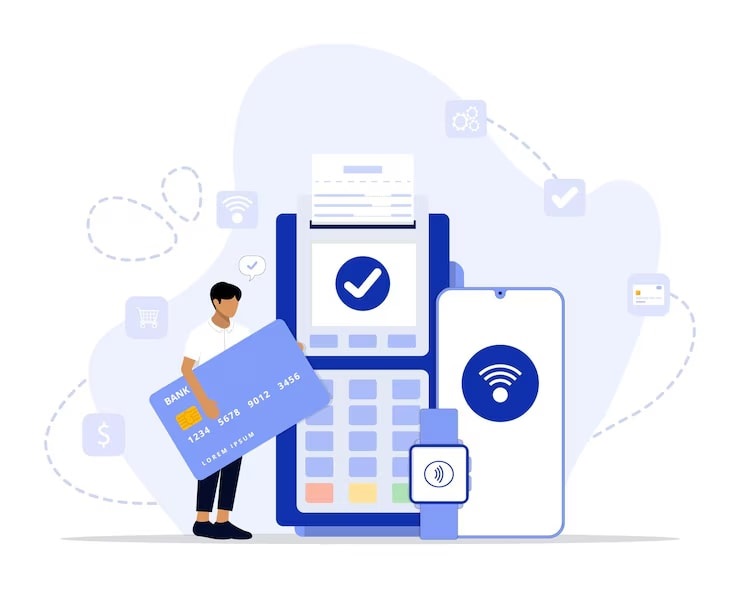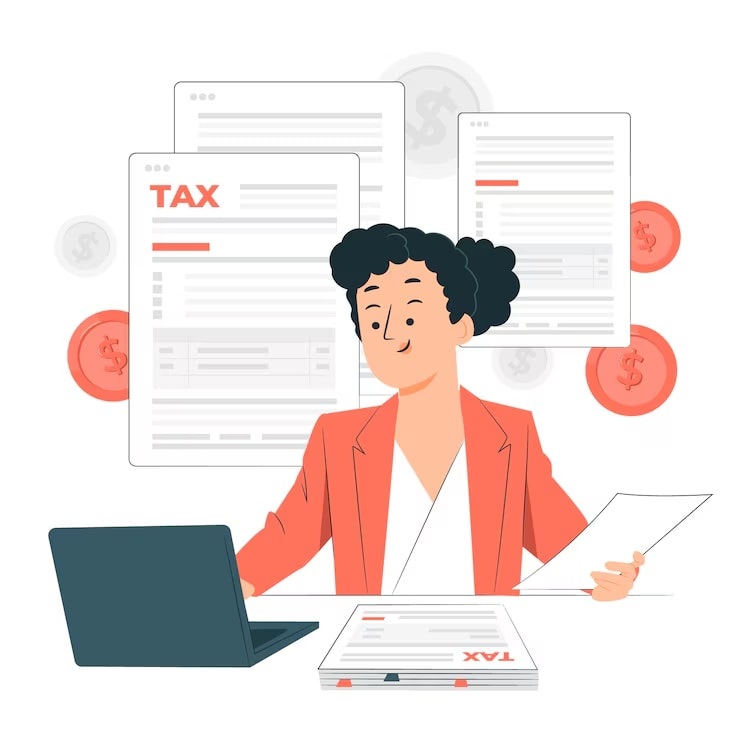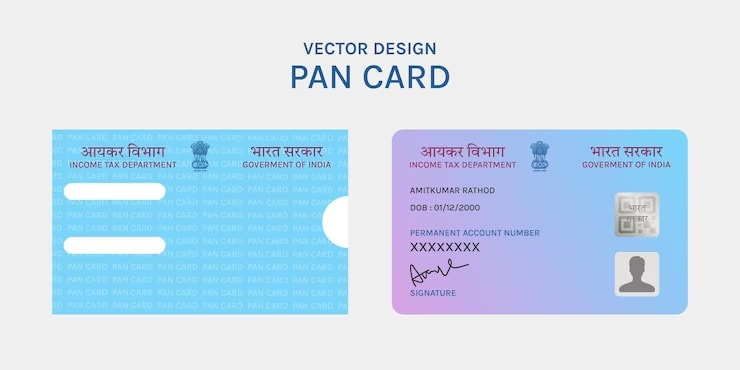Service Detail

Business Registration
Business registration is the process of officially establishing a business entity with the relevant government authorities, granting it legal recognition and the right to operate within a specific jurisdiction.
Key Features:
Legal Recognition and Compliance: Business registration establishes your business as a legal entity, separate from its owners, ensuring compliance with government regulations and tax laws.
Protection of Assets: Registration safeguards the personal assets of business owners from business liabilities.
Credibility and Trust: A registered business builds trust with customers, suppliers, and investors, enhancing its credibility.
Access to Opportunities: Registration allows businesses to access government schemes, financial assistance, and tax benefits, which can significantly aid in their growth.
Funding and Investments: Registered businesses are more likely to attract funding and investments.
Easy Transferability: Registered businesses can often transfer ownership or shares more easily.
Opening Bank Accounts: Registration is often a requirement for opening a business bank account.
Access to Government Schemes and Programs: Registered businesses can access various government schemes and programs.
Benefits:
Separate Legal Entity: Registration establishes your business as a separate legal entity, distinct from its owners, which is crucial for protecting personal assets from business liabilities.
Professional Image: Registration signals to customers, suppliers, and investors that your business is legitimate and trustworthy.
Easier Loan Acquisition: Banks and financial institutions are more likely to lend to registered businesses, as they are perceived as more reliable.
Attracting Investors: A registered business is more attractive to potential investors, who are more likely to invest in a legitimate and established entity.
Tax Deductions: Registered businesses may be eligible for various tax deductions and incentives, which can help reduce their tax burden.
Protecting Your Brand:Registration helps protect your company name and brand identity, preventing others from using them without your permission.
Business Registration Services We Offer

Payment Gateway Registration
Payment gateway registration offers businesses features like secure online transactions, multiple payment method support, fraud protection, and easy integration, leading to benefits such as improved customer experience, increased sales, and enhanced operational efficiency.

DLT Registration
DLT (Distributed Ledger Technology) registration is a mandatory process for entities sending SMS in India, regulated by the Telecom Regulatory Authority of India (TRAI), to curb unsolicited commercial communication and improve mobile subscriber privacy.

Shop and Establishment Act Registration
The Shop and Establishment Act registration is a mandatory process for businesses, including shops and commercial establishments, to ensure compliance with labor laws and regulations regarding working conditions, hours, and other employee-related matters, which vary by state in India.

Udyam/MSME Registration
Udyam/MSME registration, also known as Udyam registration, is a government initiative by the Ministry of Micro, Small, and Medium Enterprises (MSME) to register and classify Micro, Small, and Medium Enterprises (MSMEs) in India

FSSAI Registration
FSSAI registration, which stands for Food Safety and Standards Authority of India registration, is a mandatory requirement for any food business operator (FBO) in India, ensuring that they adhere to food safety standards and regulations.

GST Registration
GST, or Goods and Services Tax, is an indirect tax imposed on the supply of goods and services

PAN Card Registration
Permanent Account Number (PAN) is a 10-digit alphanumeric identification number (including both alphabets and numbers) issued to Indians, primarily to those who pay taxes.
_registration.jpg)
Import Export Code(IEC) Registration
The Importer-Exporter Code (IEC) is a mandatory 10-digit alphanumeric identification number issued by the Directorate General of Foreign Trade (DGFT) for businesses engaged in import and export activities in India, facilitating international trade and customs clearance.

Other Licenses and Registrations
In addition to the core licenses and registrations like GST, FSSAI, and Udyog Aadhar, businesses in India may need other licenses and registrations depending on their specific industry and activities, such as trade licenses, import-export codes, and licenses from pollution control boards or for specific industries like liquor or drugs.
